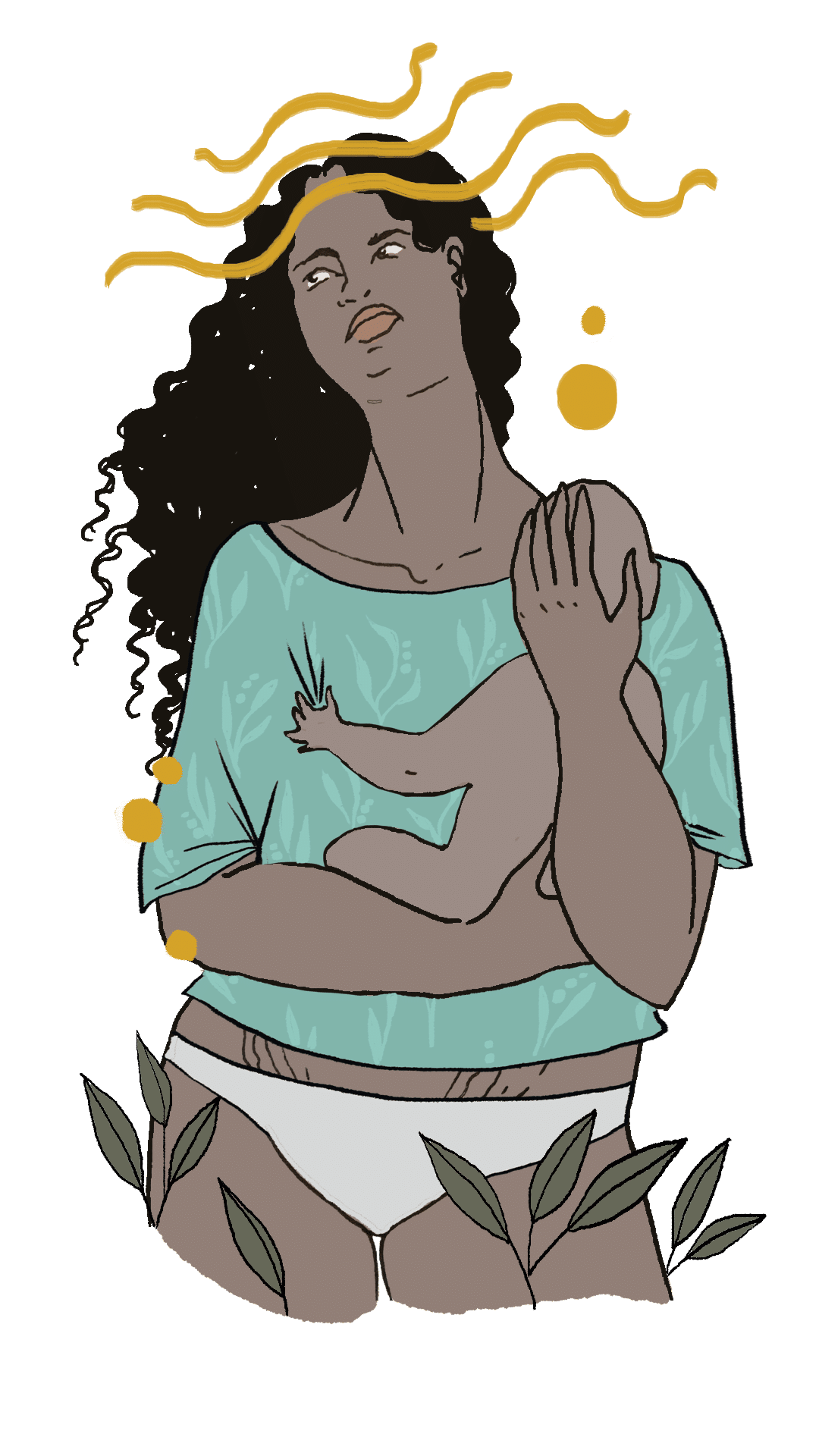When you learn about the significant hormone changes that happen during and after pregnancy, it’s no wonder you may end up feeling less like yourself at times following these shifts.
It’s not only your changing hormones that can leave you vulnerable to dips in your mood after pregnancy though. A new baby is a challenging experience for all. A lack of sleep, loss of routine, added financial pressures and changes in responsibilities, are just some of the factors that get added into the mix following the birth of your baby.
While most people have heard of postpartum depression, there are actually several other types of mental health issues that can arise during the perinatal period. This period includes all of pregnancy, and up to a year after you give birth. Perinatal mental illness is a term used to describe any related mental health condition that stems from (or is made worse by) being pregnant, or in the first year of your child’s life.
Conditions include:
- adjustment disorders and distress
- perinatal obsessive compulsive disorder (OCD)
- perinatal anxiety
- perinatal post traumatic stress disorder (PTSD)
- post-partum depression
- post-partum psychosis
Whether you want to support a loved one prepare for the challenges of pregnancy, get help in the thick of it, or understand more about your past experiences, learning about mental health, hormones and pregnancy is helpful for everyone. Most moms have a hard time talking about difficult feelings surrounding the birth of their new baby, and as a result, may not ask for the help that they need. It’s crucial to get the right support at the right time, as perinatal mental health problems can be serious. There is effective treatment available which will greatly improve the outlook for mom, baby and the whole family.




